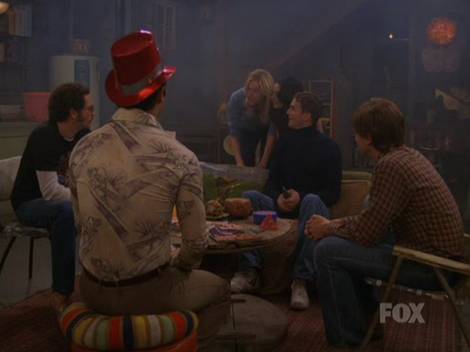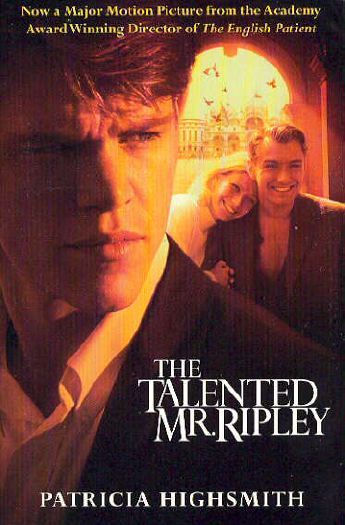
I continue to faithfully read nonfiction daily. I have always had wide ranging interests (from the sublime to the mundane) and my reading reflects this.

For example right now I am in the following places in the following books:
A Dance with Dragons by George R.R. Martin (Location 15871 of 19495)
The Rivers North of the Future: The Testament of ivan Illich as told to David Cayley (page 78 of 253)
The Complete Stories of Flannery O’Connor (Location 2118 of 9057)
How to Slowly Kill Yourself and Others in America by Kiese Layman (Location 1744 of 2084)
The Secret Piano: From Mao’s Labor Camps to Bach’s Golberg Variations by Zhu Xiao-Mei (page 230 of 311)

Bach: Music in the Castle of Heaven by John Eliot Gardiner(page 118 of 558)
Thomas Cranmer by Diarmaid MacCulloch (page 416 of 632)
Domenico Scarlatti by Ralph Kirkpatrick (page 126 of 323)
One Hand Clapping by Anthony Burgess (page 182 of 216)
The Stone Gods by Jeanette Winterson (p. 98 of 207)
And these are just books I sort of think of myself as currently reading. I have left off in dozens of books that I sometimes put back on the active list, perusing them to convince myself I still kind of remember what went on before.

This eclectic passion and silliness for wide range reading may have something to do with knowing a young troubled genius type guy in my youth named Les Oliver. I’m quite sure Les is probably dead by now since he had a taste for the dissolute lifestyle of sex and drugs quite young. But he was also brilliant. At least I thought he was.
In our teens we ended up living together in the basement of a friend’s family.

I was there because my family had decided to move away from Flint Michigan where we were living in my senior high school year. They generously allowed me to remain in the city. This ended up being how I left home. I sometimes say that home left me.

Les and I had many “deep” conversations during this period. It was in this same basement that I (with many many helpers) built my Zuckerman harpsichord.

Les’s father had been a high power attorney who according to Les’s reluctant admissions or story had argued cases before the Supreme Court and at the same time was a heroin addict. Les had found his father dead from suicide before he was sixteen. I have a picture in my brain of a man hanging from a rope in a suit. Nice stuff.
So Les was brainy but messed up. He influenced my reading greatly being extremely well read himself.
I bring him up because he loved to pick up random books at used book stalls and read them.

He loved finding a good obscure author. He loved sci fi and poetry and novels. He was a huge influence on me at the time even though he was a few years younger than me.
So somehow over the years I have picked up the habit of basically attempting to read anything that strikes my fancy.
I have finished several books in the last week.

Recently I have finished two mysteries. Last night was Patricia Highsmith’s clever A Suspension of Mercy. Highsmith was an excellent writer of unpredictable and thoughtful books that are not quite served by the description of mysteries.

For example, she is known as the author of the book, Strangers on a Train which if you know the movie is a perverse little story.
Speaking of perversity the Ripley movies are based on a series of her novels as well.

In a Suspension of Mercy Highsmith herself devoid of mercy for her readers toys with us as she describes how an aspiring TV script/book writer comes under false suspicion of murdering his wife who has just gone off for time away from him.
The main character himself is a repellingly attractive portrait in nuttiness. He fantasizes (sometimes with his co-author) about the murder of his wife after she left. He play acts in order to get inside the head of a murderer. This is useful information for a writer but his play is often disconcerting both to the reader and to himself.
For example, soon after the wife departs, he actually rises early and buries a bulky carpet capable of concealing a dead body. Of course the neighbor notices him. This all becomes a sick comedy of errors as the wife stays hidden and people begin to miss her.
I’ll stop there so I don’t give more away. Highsmith kept me guessing right up until the last sentence of the book on how it would all unravel.
